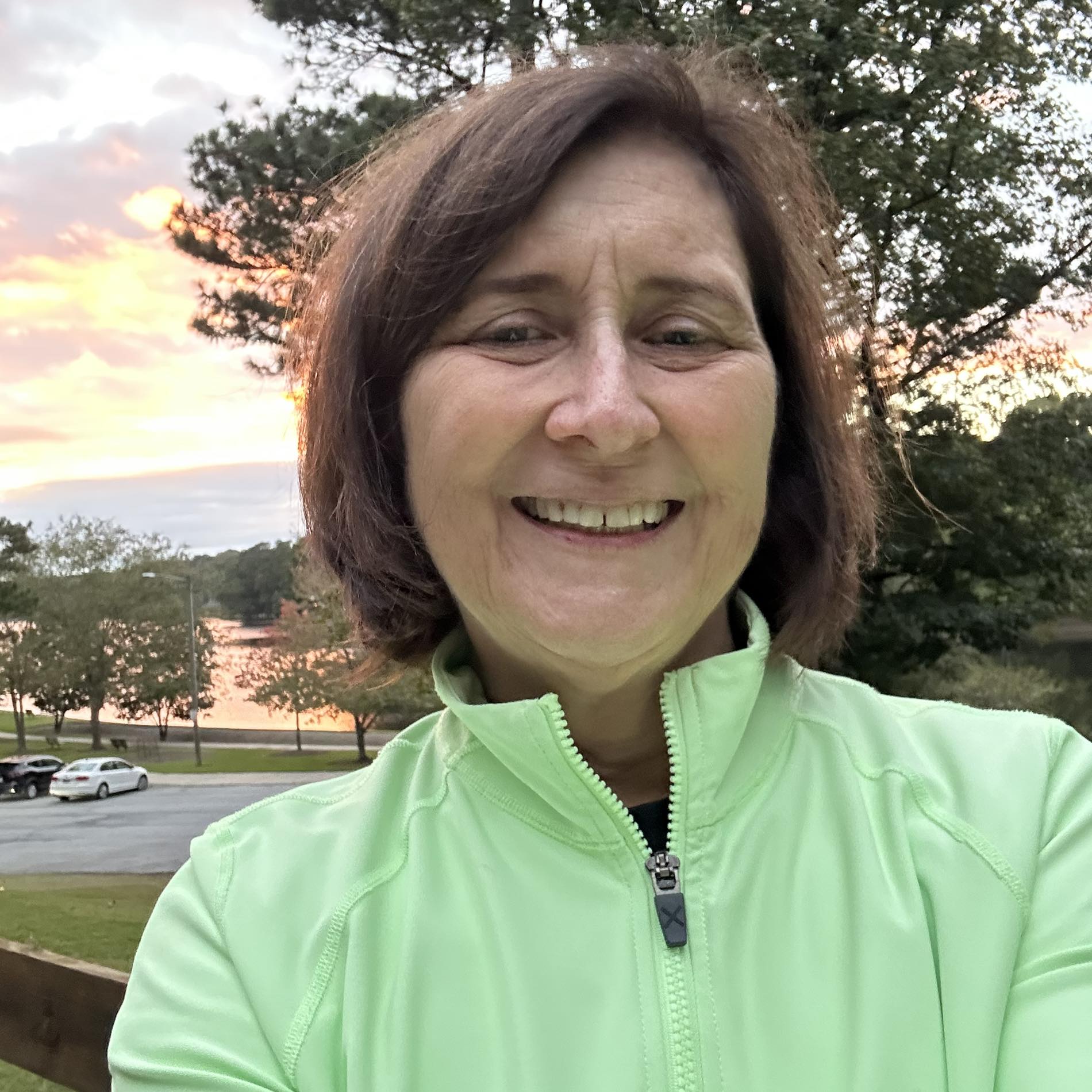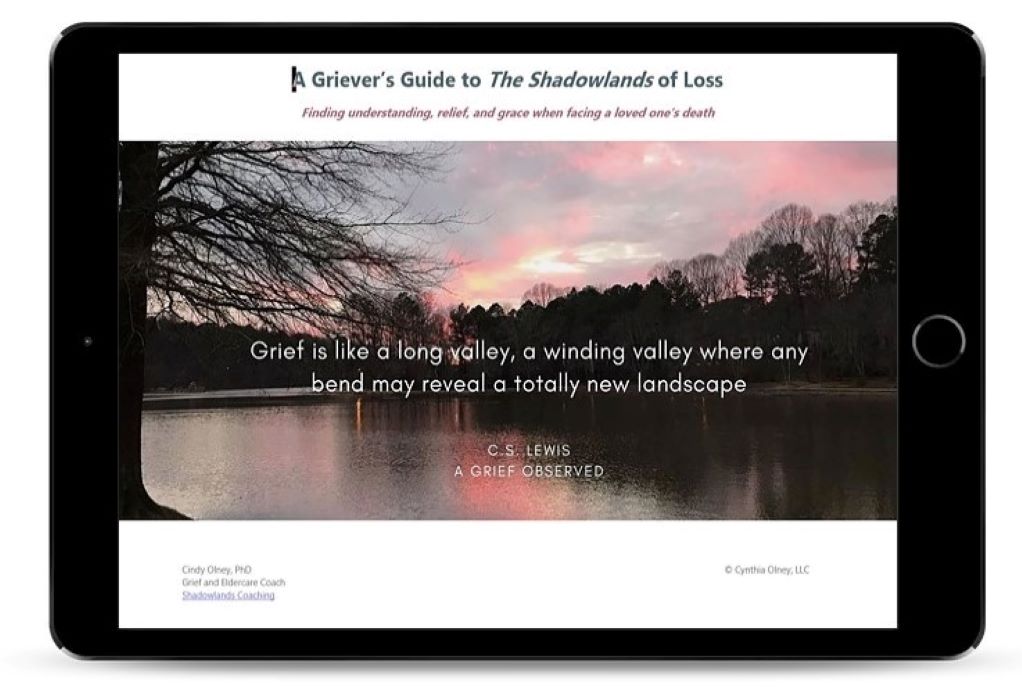“Being a caregiver shows you who you are,” my friend said.
“And sometimes, what you see is not pretty.”
I resemble that remark.
During the pandemic, my father’s health declined to the point that he needed nursing home-level care.
People “on the outside” believe assisted living and nursing homes are about the same thing. In reality, they’re worlds’ apart.
In assisted living, residents still have a lot of control over their day-to-day lives. It’s apartment living with some personal assistance thrown in as needed.
Skilled nursing homes are part of the healthcare world. Their goals are to efficiently keep patients alive and free of disease and infection.
Patients are forced to give up personal agency in the name of safety.
It’s why physician Atul Gawande, author of the acclaimed book Being Mortal, compared the nursing home lifestyle to living in a prison.
Overnight, I saw the truth of Gawande’s comparison.
The staff dictates when patients get up and go to bed. Diets are determined by doctors’ orders, not patients’ taste. Pureed food and thickened liquids are common, to prevent choking.
Sink baths and waterless shampoo often replace hot showers. Rooms are furnished with industrial-looking furniture that’s durable and easily sanitized.
Patients are confined to certain parts of the community unless they’re with family. Privacy is dangerous.
My father adapted to his new living situation with his trademark resilience.
I, on the other hand, could barely tolerate the indignities of his new lifestyle.
And I let my fury flag fly.
I was on the phone weekly, with Medicare’s Your Rights and Protections as A Nursing Home Patients* firmly in hand. I fought to get my father edible food, real showers, and space for his beloved furniture.
Now, I know my fellow caregivers would let me off the hook for my fierceness. None of us are prepared for the oversight and advocacy required for our loved ones in nursing homes.
But I also understand the brokenness of our for-profit healthcare system. Front-line healthcare workers bear the brunt of frustration from patients and families. Frustration caused by a system they didn’t create. It isn’t fair.
So, I still cringe at my lack of control that first year.
But my experience taught me something important. It’s the lesson Mr. Rogers taught children decades ago.
There are helpers everywhere.
When you’re afraid, look for the helpers.
My Helper
Ms. B was my helper. She was the facility’s head of health services and the highest-level manager to respond to my complaints.
And I was a handful-of-a-complainer that first year.
I was angry. I hated seeing my father being treated as a child. I didn’t trust the care he was getting. I resented being kept out of the loop regarding doctor appointments and treatments.
I was easily frustrated with automated answering machines and unreturned phone calls.
My patience hit a brick wall fairly often. And when it did, I called Ms. B.
And she routinely got back to me within hours. She took my concerns seriously. She investigated issues and took corrective action. She came up with solutions and workable compromises.
Through it all, she was persistently professional.
And over time, she earned my trust.
The Apology
And as my trust grew, so did my embarrassment.
I’d treated her as an adversary. She consistently responded with kindness and respect.
I owed her an apology.
My opportunity came on one of my visits to see Dad. Ms. B was weekend manager-in-charge.
I came across her working at a reception desk, covering phones during the receptionist’s lunch break.
I introduced myself and said, “I want to thank you for all the help you’ve given me over the past year. I know I’ve not been easy to deal with. I appreciate that you’ve always taken my concerns seriously and you’ve done what you can to make life better.”
Ms. B looked at me and said gently.
“I understand.”
I paused. I felt confused by her simple reply. I tried again.
“I’m not proud of the way I’ve acted. I’m really sorry.”
Again, she looked me in the eye and held her gaze. She repeated herself, more slowly this time to be sure I truly heard her.
“I understand.”
Moment of Connection
Ms. B did understand.
She understood I didn’t need her forgiveness. I needed her empathy.
In her book Feeling Seen, psychologist Jody Carrington wrote that empathy creates a “shared understanding so that there’s no longer a feeling of being alone in the experience.”
Our typical replies to an apology are “that’s okay” or “think nothing of it.”
These are socially acceptable responses. They allow us to quickly end difficult or vulnerable conversations and move past the discomfort.
Instead, Ms. B chose to connect with me. Her eye contact and grounded energy slowed down our exchange. It gave me time to “hear” the subtext of her simple phrase.
In three words, she told me:
“From where I sit, I see a loving daughter watching out for her father, who’s in a new and frightening circumstance. I know how hard it is for you to trust us. How impossible it feels to keep him comfortable and content in this environment. I understand.”
Empathy
Carrington wrote that there are four main attributes of empathy.
First, we accept the truth of the other person’s experience, even if it differs from our own. Second, we avoid judgment, which means putting aside our own thoughts and feelings about the situation. Third, we recognize the other person’s emotions. Fourth, we communicate verbally or nonverbally an understanding of their experience.
Ms. B’s response to me checked all the boxes.
Mr. Rogers would have given her the helper’s badge, for sure.
And the connection she forged paid off.
My defensiveness and anxiety decreased because I felt I could trust her.
That meant my future communication with her was friendlier and less antagonistic.
I developed more patience with the healthcare staff involved in Dad’s direct care.
As I calmed down, I became more observant of the nursing home’s operations. I got a handle on the schedules, workflow, and organizational hierarchy. I stopped fighting everyone and focused on solutions. I learned better strategies for getting his needs met.
All because Ms. B took a few moments to connect with me.
Feeling Seen
Carrington offers a thought-provoking proposition in her book:
“The answer to the world’s most significant human-centered problems is simply this: We all just want to be seen. Then, and only then, will we rise.”
When I felt seen, I became a better version of myself. I was nicer to hard-working healthcare workers. A better problem-solver. More pleasant at home and with friends.
So now, I’m more deliberate in supporting others in distress.
It can feel uncomfortable. You have to spend a few moments in their hell. See the world from their point of view.
It’s easier to lean on easy outs. Give some advice. Suggest a happier perspective to their crappy experience. Change the subject. Offer thoughts and prayers.
But, if we’re willing to take the time to connect, we give people the healing gift of empathy. We allow them to feel seen.
And the results may redound to us, our families, and our communities.
So, what do you think? Is it worth putting Carrington’s proposition to the test?
From where I sit, it can’t hurt.
*Note: Your Rights and Protections as a Nursing Home Resident, a website of the Center for Medicare Services, is an invaluable resource for family advocates/caregivers of loved ones living in US nursing homes.
Let's Connect

Are you struggling with the anticipatory grief or burnout that comes with the family advocate/caregiver role? Coaching can give you the tools and support that can make this life challenge easier. I help you connect with your own wisdom and strength to manage one of the hardest phases of life. You don't have to navigate this alone. Let's chat. Click here to schedule a call or drop me a note by “replying" to this email.
(Also, you're welcome to set up a chat if you want to meet me before referring me to someone else.)
Get My Griever's Guide
Have you recently lost someone dear to you? Or are you worried about someone who has? Download your copy of A Griever's Guide to The Shadowlands of Loss. It covers some key elements to grieving and a few helpful strategies that can ease your experience of grief.
